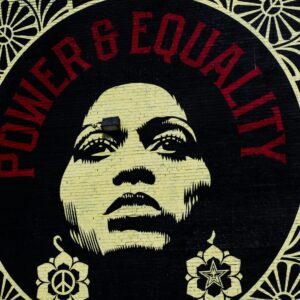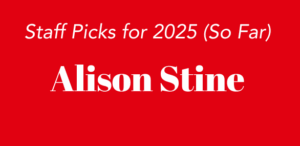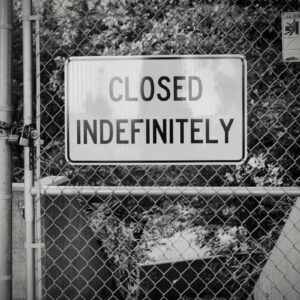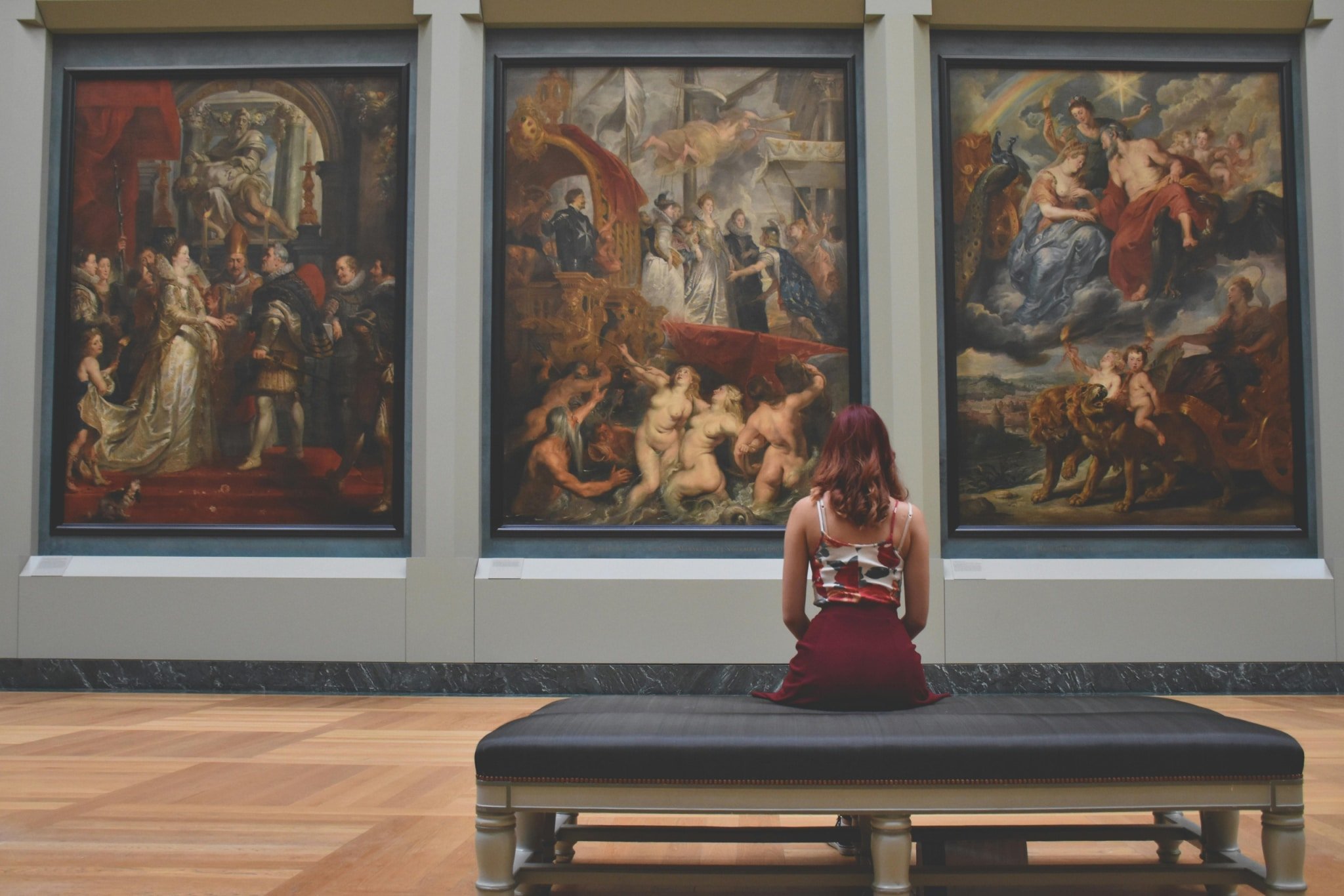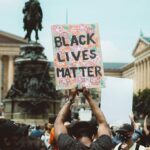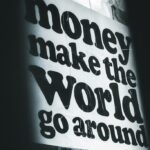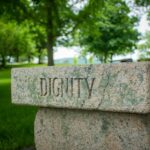
“Civil society”—a term that, while common in much of the world, is less commonly used in the United States—has been cropping up everywhere lately.
“Law firms, universities and now civil society groups are in Trump’s sights for punitive action,” noted the Associated Press in April, as the Trump administration moved to cut over $1 billion in federal funding to nonprofits from Meals on Wheels to Head Start.
“The Trump administration is undermining publicly produced data, slashing public investments in research, and intimidating civil society institutions that produce fact-based analyses,” noted the Brookings Institute in March.
In June, a report by the watchdog group American Oversight described “the Weaponization of the Government Against Civil Society.”
“This administration has systematically attacked every aspect of civil society, from academia to law firms and the media, and is now coming after the nonprofit sector,” said Nick Turner, president of the Vera Institute, a nonprofit that focuses on criminal justice, and which was one of the first nonprofits to see its funding slashed by the Trump administration. “We can only surmise that these tactics seek to silence us. It will not happen. We will not back down.”
But what is “civil society” exactly? And what does it have to do with the Trump administration’s attacks on, and defunding of, everything from openly-progressive nonprofits to Meals on Wheels; to the media, to non-governmental watchdog groups, to peaceful protesters?
Defining Civil Society
“Civil society” encompasses a diverse range of institutions and individuals, including non-governmental organizations, schools and universities, churches, trade unions, community-based organizations, social movements, cultural institutions, and active citizens.
One way to wrap one’s head around what civil society is is to examine what it does.
“What makes civil society different from uncivil society is respect for human rights.”
“Whether it’s the work of a public library or the work of a public school or the work a private church….Much of that civil society work—some of it occurs through formal governmental structures, but most of it occurs through the way in which people order themselves in community. And that’s civil society,” said Skye Perryman, President and CEO of Democracy Forward, in an interview with NPQ.
She also said that “fundamentally, people in communities are strongest when individuals are able to craft the futures that they want, to be able to thrive.”
As the Brookings Institution notes, civil society organizations serve a variety of purposes: “They are an important source of information for both citizens and government. They monitor government policies and actions and hold government accountable. They engage in advocacy and offer alternative policies for government, the private sector, and other institutions. They deliver services, especially to the poor and underserved…”
“Civil society is an expansive concept,” Mandeep Tiwana, the secretary general of Civicus, a collective of civil society activists, said in an interview with NPQ.
Tiwana emphasized that one cannot disconnect civil society from the fight for human rights. He said it’s important to qualify that “what makes civil society different from uncivil society is respect for human rights.”
Civicus, which was founded by activists in the wake of the fall of the Berlin Wall, requires its members and partners to adhere to the principles of the Universal Declaration of Human Rights (UDHR) ,which was drafted in 1948 by a committee that was chaired by former First Lady, Eleanor Roosevelt. The UDHR upholds tenets like equality, non-discrimination, human dignity, and the freedoms of peaceful assembly, association, and expression—which have all been under attack, both in the United States and globally.
Tiwana points out how the Trump administration has impeded the freedom of association by abruptly canceling the federal funding of nonprofits that promote human rights and social justice values; targeted those who engage in peaceful protest, particularly student activists in support of the rights of Palestinian communities; and impeded academic freedom by threatening universities and calling them “bastions of liberal thought,” as if that were a slur.
Largely because of actions like these, Civicus recently placed the United States on a watchlist and declared the country’s civic space to be “narrowed”. As The Guardian points out, “this distinction is for countries that still allow individuals and civil society organizations to exercise their rights to freedom of association, peaceful assembly and expression, but where violations of these rights still take place.”
“We really need the United States to lead through its actions,” Tiwanna said. “For all its imperfections and promotion of human rights and democracy as a fundamental pillar of its foreign policy in the post-Second World War period, it is now retreating from these cherished principles, which are so fundamental to the American way of life.”
Cracks In the Foundation
Tiwana asserts that there is a need for America to course-correct instead of continuing to embrace ideals that undermine democracy. It is critical to remember that, although many of the attacks against civil society are recently coming to a head, they did not begin overnight.
In fact, through years of participatory research with civil society organizations across the globe, Civicus has tracked the threats against civic freedom. Tiwana said the organization has become increasingly concerned over the past 10 to 15 years about the rise of authoritarianism and populism, not just in the United States, but also in countries such as Russia under Vladimir Putin, Hungary under Viktor Orbán, and Israel under Benjamin Netanyahu.
“For civil society to thrive, you need to have respect for the fundamental freedoms of peaceful assembly, association, and expression, which are part of the Universal Declaration of Human Rights.”
Tiwana notes that “the problems of the world cannot be solved by one country alone.” Issues like climate change, economic inequities, and the impact of migration are felt across boundaries, he says. Thus, there needs to be a global strategy in addressing these issues. But amid these global challenges, eyes are on the United States and how US civil society is responding in this moment.
In 2017, at the beginning of Trump’s first term, the Edelman Trust Barometer found that Americans’ trust in civil society had declined significantly. In a 2018 article for Stanford Social Innovation Review, Dan Cardinali, then president and CEO of Independent Sector, conjectured three reasons behind this loss in trust:
- Wealth inequality and the significant concentration of wealth held by the one percent.
- A shift in how we view community and the fact that technology is shifting how we interact with one another.
- A sharp increase in political and cultural polarization.
“Civil society is us,” Cardinali wrote. “When Americans tell pollsters that they don’t trust civil society, they are saying, in effect, that they don’t trust their fellow Americans, their neighbors.”
Eight years later, now in a second Trump administration, these trends have only intensified. Wealth inequality has grown, digital technology has increased, and society has become even more polarized.
Civil Society Fights Back
It is critical to remember that civil society has risen up to defeat threats before and can do so again. The Civil Rights Movement was largely led by civil society, so was the movement for marriage equality.Both of these movements entailed vast amounts of people taking to the streets in protest, but it also included a legal strategy—which is a big way that civil society is showing up in this current moment.
Among the coalition of nonprofits fighting back against the attacks on civil society is Democracy Forward, which, among other things, has been suing the Trump administration over its attempt to freeze already-appropriated federal grants.
“It was a real signal early on…that this was an administration that fundamentally wanted to come for and attack our communities and the ability of people to gather together to solve common problems,” said Perryman.
A key tactic of authoritarian regimes is to make people feel alone and isolated.
Democracy Forward has also sued the administration over its refusal to release public records and blocking billions of the dollars in education funding that Congress allocated to support students for this school year.
Perryman says that Democracy Forward’s legal expertise and experiences is largely focused on civil society. The group litigates heavily in support of civil servants—the men and women who work in nonpartisan jobs throughout the federal government, whom the president has targeted and is seeking to terminate.
Perryman adds that the people Democracy Forward represents comprise a broad diversity of people and communities in civil society. For instance, in the ongoing national funding freeze case, the group is representing Main Street Alliance, a coalition of small businesses. The organization is also representing the American Public Health Association, which comprises individuals focused on delivering critical public health services, as well as the National Council of Nonprofits and SAGE, an LGBTQ advocacy group.
The goal, Perryman notes, is to tell stories about the diversity of the types of communities that are affected and how they are all coming together in common ways to protect their rights.
A key tactic of authoritarian regimes, Perryman argues, is to make people feel alone and isolated. Democracy Forward combats this by highlighting how interconnected different groups are.
“What we know from studying societies where democracies are in decline or from more autocratic or authoritarian regimes is that the number one tool that autocrats and authoritarians use to wield and abuse power is making people feel alone and isolated,” she said.
“We think that these cases tell stories about the diversity of the types of communities that are affected and how they are coming together in common ways in order to protect their right.”
